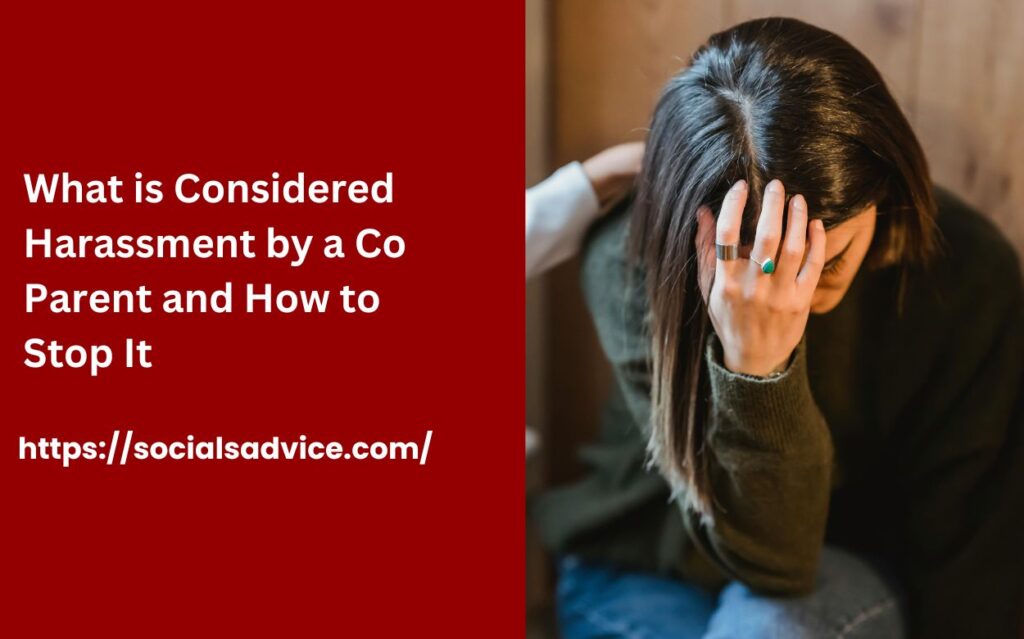
Foster care vs adoption are two concepts with same agenda: adopting child to give a safe and protective environment.
Foster care or adoption provides a safe place to raise children and provide them with care they deserve.
But, in foster care, children are the responsibility of local authority and birth parents, while in adoption, the child is under the legal responsibility of the adoptive family.
There are contrasting factors between foster care versus adoption, but both involve real responsibilities that come with many possibilities to make a difference.
A child is eligible for foster care and adoption for many reasons, and there are variations of differences to consider.
What is Foster Care?
If the court decides that the child is not able to live safely in a family home, they are placed in foster care.
For example, in Virginia, abuse and neglect are grounds for foster care. But there are other factors, such as behavioral problems, and imprisonment or the death of parents.
But, this is a temporary solution until the child is returned to the biological family. Children are placed in foster care while they await adoption.
These children are placed with non-relative caregivers or are often sent to foster parents who are responsible for providing a safe place, as well as offering to pay as daily care is done.
What is Adoption?
Adoption is when a person has permanent legal custody of a child. Adoptive parents get all the legal rights and duties of parents, and it is a long-term commitment.
In an adoption, an individual or couple takes permanent custody of the child with the same responsibilities as biological parents.
Adoption is between family members or complete strangers. This process is done by private/public adoption agencies, adoption facilitators, and adoption lawyers, or adoption recruiters.
Foster Care vs Adoption
There are important differences and similarities between foster care versus adoption, despite the fact that they both involve Fostering someone who is not biologically related.
Fostering and adoption means a child moves from a biological family to either a foster family or an adoptive family. But foster care is a temporary solution, and the goal of adoption to provide a child with the permanent home and family.
Purpose
Fostering aims to provide a stable and safe environment for children who are unable to live with their biological families.
However, foster parents do not have legal guardianship, as the children remain under the legal responsibility of the local authority and birth family during this period.
Children are treated the same as any other family member, but the length of stay varies from the case.
Some children stay with their foster family for only a few days, weeks, or months, while others spend years with foster families. On the other hand, adoption gives vulnerable children a permanent and safe environment. Children who are being adopted have suffered severe trauma or abuse throughout their childhood.
When a child is adopted, the adoptive family takes legal responsibility for the child. As their child’s legal guardians, their adoptive parents are required by law to care for them until they are legal age.
Responsibility
Another contrast between foster care vs adoption is who makes decisions and who owns the responsibilities.
In foster care, responsibility for the child rests on shoulders of court and local social services department. Foster parents must follow instructions and ensure the child’s safety.
You must follow the rules that guarantee their safety and comfort. Usually, the biological parents also participate in decision-making. For example, when a young person is your care, you are not allowed to decide which school or church they attend.
By adopting a child, you become the sole legal guardian and responsible for all life decisions, including those related to their food, clothing, nutrition, education and religion.
Financial Assistance
Foster care parents receive regular stipends from the government to help cover the costs of raising children in their care.
On the other hand, adoption costs range from adoption fees and child-rearing expenses paid by the adoptive parents themselves.
Both foster care vs adoption requires a thorough background check with medical tests to ensure the child is getting the best environment. Being a foster parent requires parenting training to guarantee that you are taking the best care of the child, but adoptive parents do not need to undergo any training.
Contact
Foster parents are required to stay in contact with the biological parents and can visit, call and communicate with their child if the court agrees. It helps in family unity. Whereas, in adoption, the birth parents cannot communicate. Contracts vary greatly and are made on case-by-case basis. It is possible that some birth parents want no contact at all but some communication is requested by others.
Conclusion
In both cases, foster care versus adoption, it is important to consider what is best for the child’s well-being so that they can lead peaceful life.
There are many benefits to fostering and adoption and many children can be better nurtured.
Foster care vs adoption has life-changing benefits for both you and the child and powerful way to influence people.
FAQ’s
Can someone adopt a foster child?
Yes, it is possible, but there are some complicated steps in the process. Rather, the purpose of fostering to connect the child with his or her birth family.
Who has a legal responsibility in Foster Care?
The local authority or biological parents have legal responsibility and decision-making authority. In foster care, the child is treated like any other family member but for limited period of time.
Is Adoption a permanent or temporary solution?
Adoption means giving children a permanent living environment where they can feel safe. After the process is completed, the adoptive parents get all the legal rights and duties.


